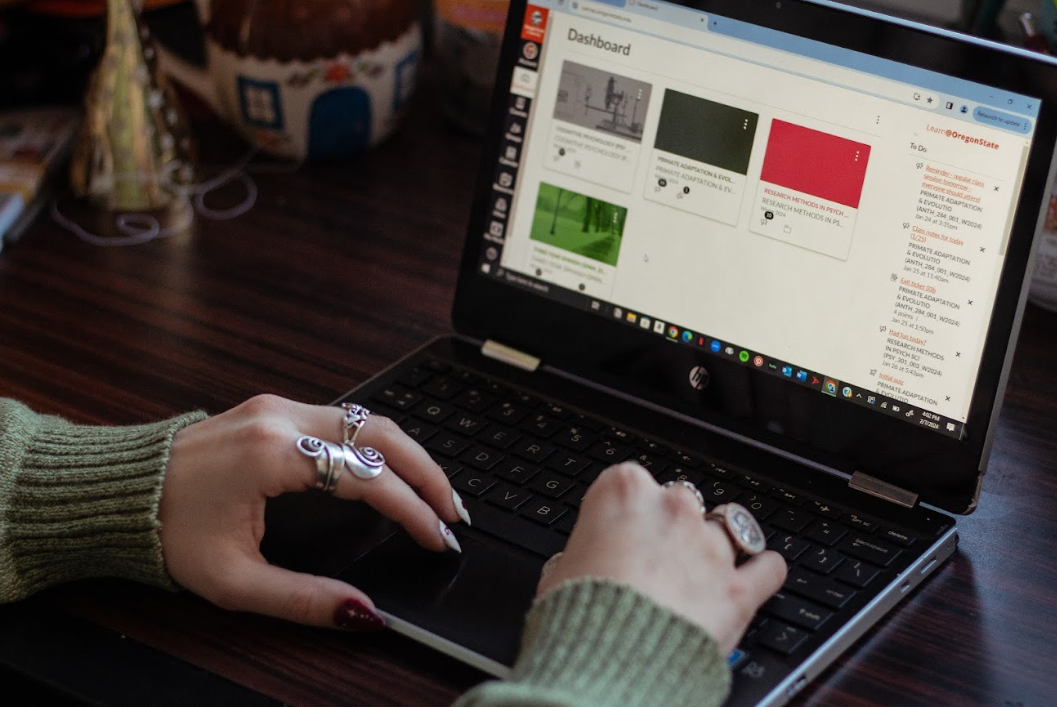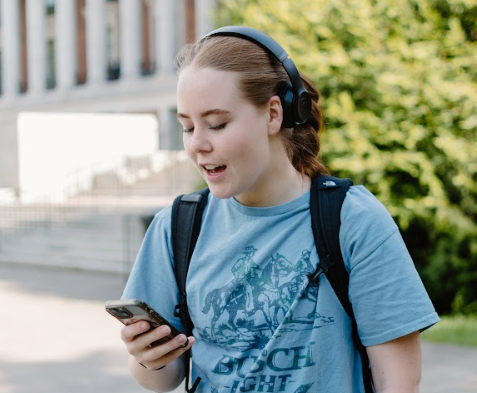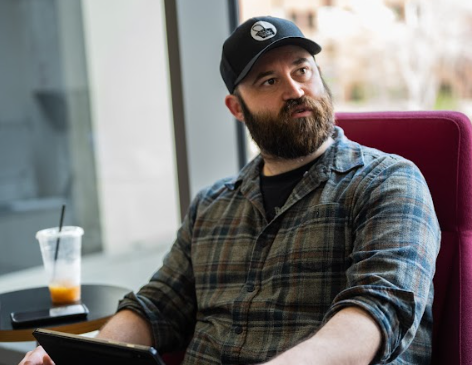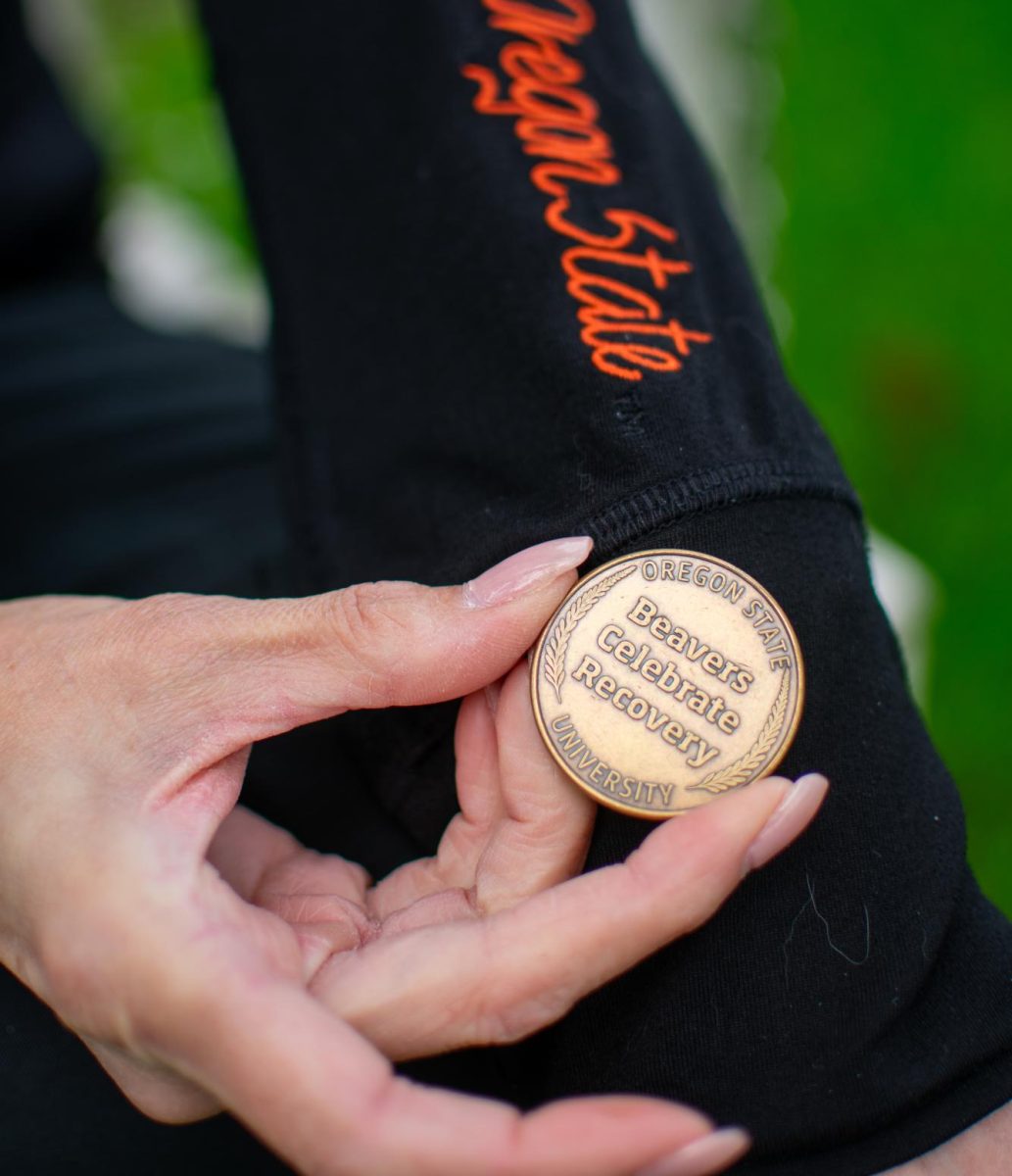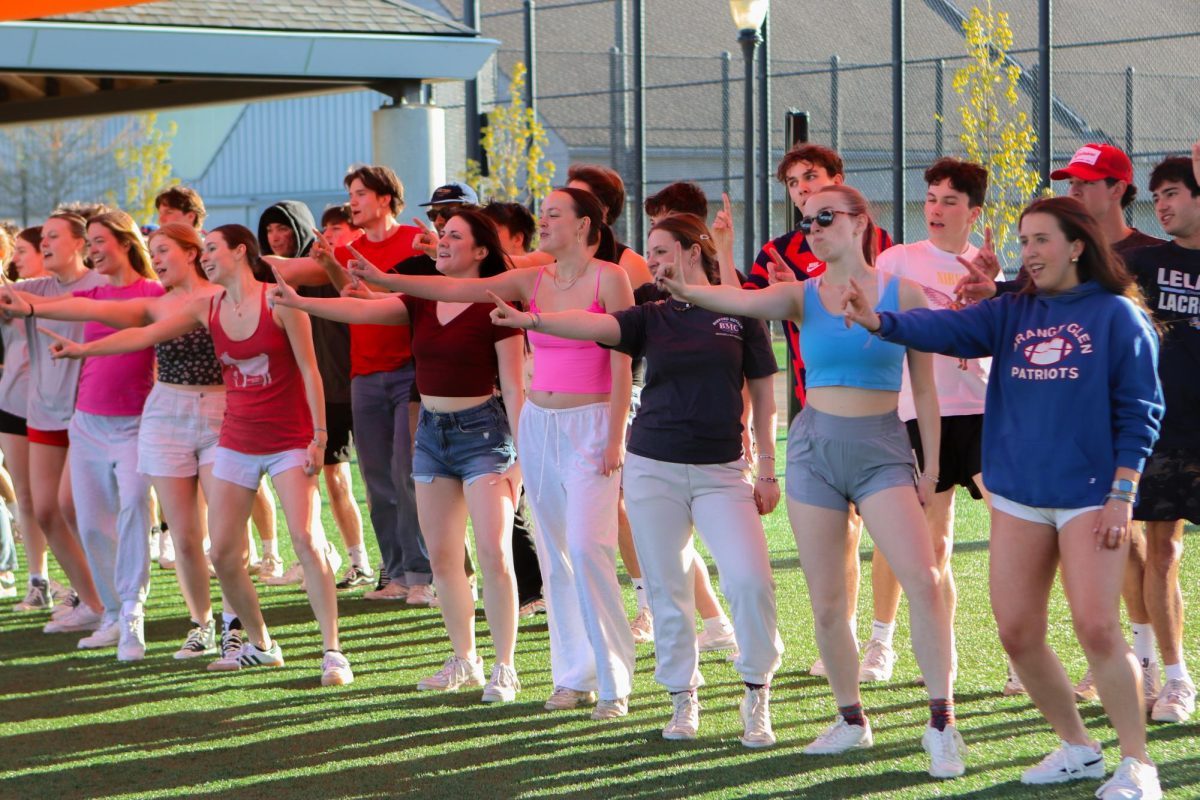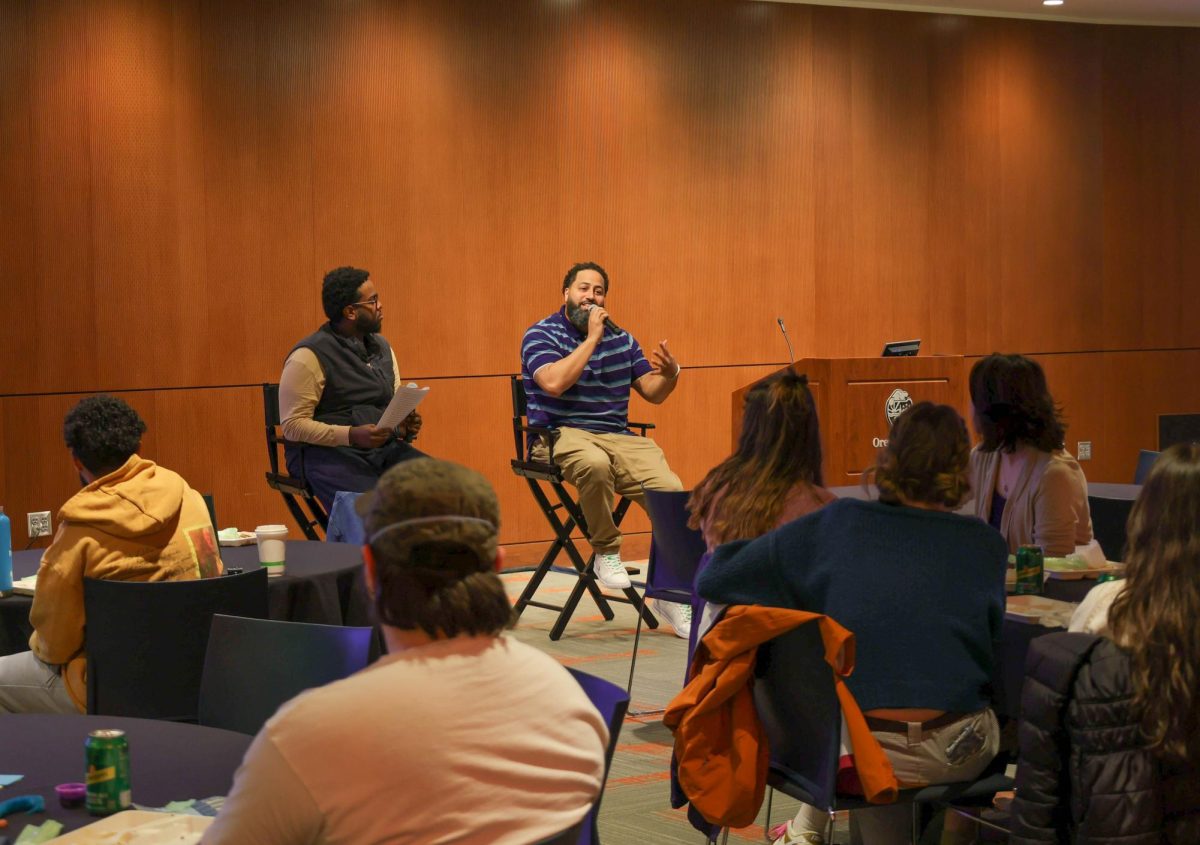Oregon State University’s Ecampus program was ranked top 10 by the U.S. News & World Report for the past ten years.
While the Ecampus program may be top ranked and allows people to learn without the bounds of a typical degree, some students participating in it feel that it does not give them the same experiences as an in person degree would.
For most, the study of botany probably brings up images of labs, plants and maybe some dirt. But for some OSU students, like Isaac Pike, botany is studied through the screen of his computer.
Pike is a second-year Ecampus student at OSU, previously, he took classes at a different school in person.
He now lives in Denver, Colorado and is working towards an Ecampus degree in botany. His days consist of taking difficult science courses through Canvas – the program used throughout OSU classes.
He said that he has enjoyed some of his courses, especially “Lichenology” and “Fungi and Society”. He said that both courses had well set up Canvas pages, and that they kept him intrigued, not something that is true for all his classes. Pike said that he simply doesn’t learn as much through his online courses as he used to in his in person classes prior to switching to a full-time online student.
Marleigh Perez, senior director of student success for OSU Ecampus, said that the program currently offers over 100 degrees and programs and there were 11,430 students enrolled only in Ecampus classes through OSU last fall.
“This Ecampus student population includes military personnel, working professionals, stay-at-home parents and a growing number of students straight out of high school who prefer learning online,” Perez said.
OSU’s Ecampus program releases new degrees and programs every year and adds new classes each term. According to Perez, they are trying to increase online-only enrollment to 30,000 by 2030, as stated in the new strategic plan. This is more than double current enrollment.
“Learning online provides the flexibility many busy students need, especially those who are juggling work and family commitments. The quality OSU delivers online also makes it the preferred learning modality for an increasing number of students,” Perez said.
She noted that Ecampus students often feel left out of the main campus and are left out of department and OSU campus decisions. Ecampus is working to bring awareness to that, and help Ecampus students connect better with in person activities, and the broader OSU community, according to Perez.
“The learning outcomes in Ecampus courses are identical to those of OSU’s in-person classes,” Perez said. “The faculty who teach on campus are the same ones who develop all Ecampus courses. An Oregon State degree earned online is an Oregon State degree, period.”
Students at OSU feel otherwise. Pike said that being an Ecampus student, he lacks the connection to students in his class, and he cares more about getting through the class than anything else. It acts like a job of sorts.
Just under 31,000 students took at least one Ecampus course during the 2022-2023 school year according to Perez. Madisyn Haney, a bio-health science major studying on the Corvallis campus was one of those students.
Haney said that she typically takes Ecampus courses through the summer months and occasionally during the academic year. One of her favorite courses was a writing class called “Micro Influences on Human Health”.
“(My favorite part was) the flexibility of the course content, and just being able to do it on your own schedule, but obviously, still maintaining those deadlines,” Haney said.
Haney said that an issue she had was the lack of face to face interaction with professors and students.
“It’s so much easier to form those study groups when you actually see the people every day, and they get to interact with you more socially,” Haney said. “Versus online, you see their names every week, but you don’t really know them.”
Carisa Womack-Hakala had a similar issue and moved to the Corvallis campus after one term over Ecampus because she didn’t feel like she could have been successful online.
“I didn’t have any friends. The only time I connected with other students was when the teacher made group projects and had us all working together on everything,” Womack-Hakala said in an email. “Out of the five business classes I took through Ecampus, only one teacher was adamant about giving feedback and guidance on assignments.”









